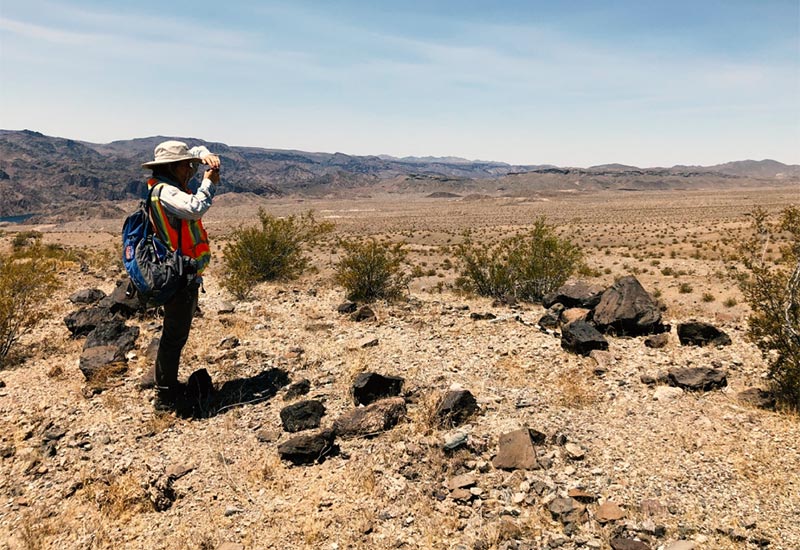Project Overview
Headway Environmental (Headway) is proud to be working with the USDA NRCS’s Arkansas State Offices, the Arkansas Black Mayors Association (ABMA – Sponsor), and the Cities of Eudora and Wilmot, Arkansas (Co-Sponsors) to develop Watershed Plan – Environmental Assessments (WP-EAs) to provide flood risk mitigation for these two agricultural, rural watersheds in southeastern Arkansas under the USDA’s Small Watershed Program.
The projects are two of fourteen similar projects in rural, agricultural Arkansas sponsored by the ABMA. Headway’s ecological restoration engineers developed conceptual designs that will optimize the use of Nature-Based Solutions (NBS), Green Infrastructure, and stream, wetland, and floodplain restoration in conjunction with traditional ditch and culvert repairs and improvements of street grid drainage to provide sustainable and resilient flood protection and risk mitigation and watershed restoration in the communities.

Meeting Federal Guidelines
Headway’s team of environmental planners and scientists are developing the environmental assessment and alternatives analysis to
not only meet the requirements of the National Environmental Policy Act (NEPA), but also the newly promulgated Federal Principles, Requirements, and Guidelines (PR&G) for federally funded projects that affect water quality or water quantity (including ecosystem restoration) to ensure that the projects maximize sustainable economic development, avoid the unwise use of floodplains, and protect and restore the functions of natural systems (and mitigating any unavoidable damage to natural systems).
Addressing Flooding Issues
The projects are funded through the Bipartisan Infrastructure Law (BIL) Watershed and Flood Prevention Operations (WFPO) Program Funding and unlike traditional NRCS WFPO projects that focus on flood risk reduction and water and natural conservation on the agricultural lands themselves, these projects are addressing the flooding issues of the small, rural but urbanized communities that developed in support of the large agricultural operations.
Lorem ipsum dolor sit amet ut dolore facilis ad dolorem rem officia eius id totam tempora sitfuga architecto vel unde quisquam quo dolores dolorum! Ut officiis asperiores hic iure fuga et quia rerum.
Name, Role OR statement
The Results
It is anticipated that the subsequent design and implementation phases of the project will yield substantial and resilient results for these communities related to flood risk reduction, ecological restoration, and an increase in natural recreational and economic development.
